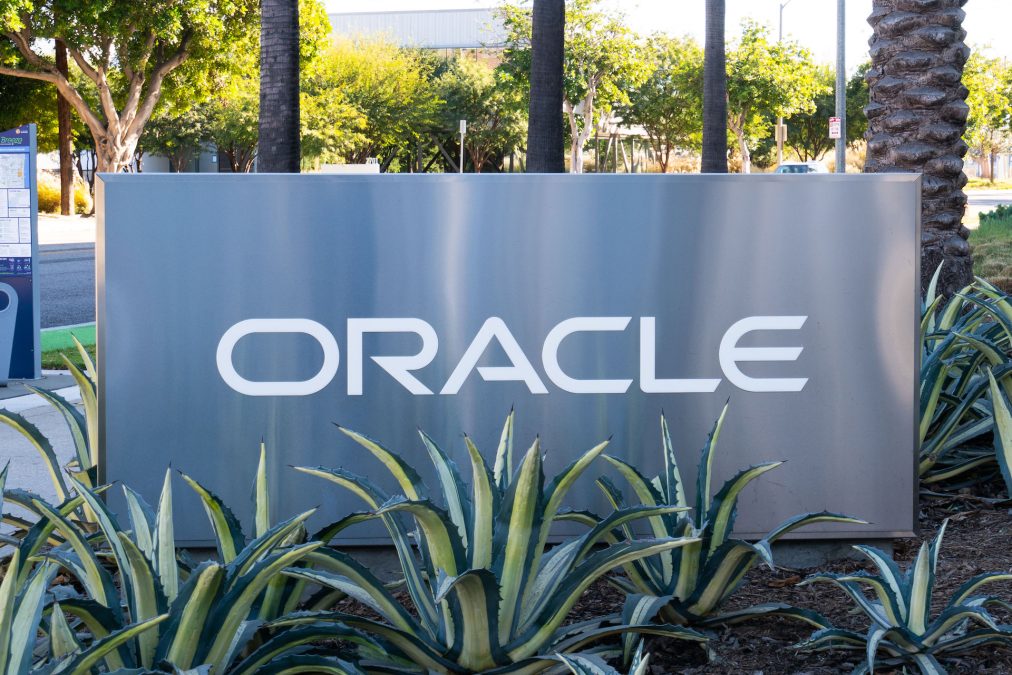Oracle files response brief in JEDI contract fight

It’s been almost three years since Oracle first launched its bid protest campaign to invalidate the Pentagon’s potential $10 billion Joint Enterprise Defense Infrastructure (JEDI) cloud contract. This week the cloud company made its latest case to the U.S. Supreme Court for why it believes the cloud mega-contract is in violation of federal law.
In a response brief filed Monday, Oracle continued its push to label the Department of Defense acquisition as an irregular single-award contract with “prejudicial,” competition-limiting gate requirements.
“Absent this Court’s intervention, the JEDI contract will proceed for the next decade as an illegal single-source award,” the company said in its submission to court.
Earlier this year, Oracle filed a petition for writ of certiorari, which is the legal process required to appeal for the Supreme Court to review a lower court’s decision. In this case, Oracle has asked the Supreme Court to review the Federal Circuit Court of Appeals’ decision to uphold the JEDI procurement. Oracle has previously lost out in appeals made to the Government Accountability Office and the Court of Federal Claims.
Government lawyers have previously argued that Oracle failed to meet basic gate requirements for the contract, which prohibited it from progressing in the bid process. The company has pursued almost every legal option available to contest the acquisition.
In its latest response brief, Oracle reintroduced allegations of conflicts of interest between the DOD and Amazon, which a lower court previously affirmed but said did not “taint” the overall acquisition. Oracle, however, believes that decision is not in line with Supreme Court precedents, according to court documents.
In a separate brief from earlier this month, the U.S. government argued to the Supreme Court that Oracle continues a tactic of “cherry pick[ing] from the vast amount of communications and isolat[ing] a few suggestive sound bites” as it relates to conflicts of interest. It also reminded the court that it is Congress’ “preference, though not a requirement, that task order and delivery order contracts be awarded to multiple sources, rather than a single source”.
Regardless of the Supreme Court’s decision on Oracle’s case, it’s possible there may not be a JEDI contract for much longer. Amazon Web Services has had success building a case in the Court of Federal Claims that prevented contract winner Microsoft from building out an enterprise cloud system for the DOD. The department said recently that if things were to continue on much longer with that lawsuit, it might consider alternatives to JEDI.
Oracle was contacted for comment.






